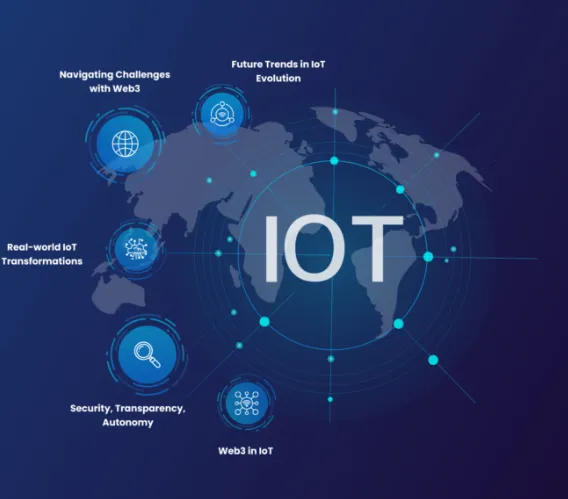The startup landscape in Web3 is evolving at lightning speed. New protocols appear almost every week, narratives change in the blink of an eye, and communities shift direction as quickly as markets do. For founders, building in this environment isn’t just about decentralization or token mechanics—it’s about creating systems that can adapt, scale, and thrive without constant handholding.
That’s where autonomous agents and artificial intelligence step in. Instead of relying on manual processes or endless community moderation, startups can integrate intelligent systems that operate continuously, analyze data, make decisions, and even optimize entire ecosystems. Forward-thinking teams are already proving that this approach gives them a serious edge over competitors, no matter how well-funded those competitors might be.
What Exactly Are Autonomous Agents?
An autonomous agent is essentially a self-operating software program designed to act independently in pursuit of a defined goal. Unlike traditional bots that simply follow a script, these systems can learn from data, adapt to new inputs, and improve their effectiveness over time.
In the Web3 world, this means agents can handle tasks like:
- Managing decentralized finance strategies, from rebalancing portfolios to optimizing yield farming.
- Supporting DAO governance by summarizing proposals, flagging risks, and streamlining decision-making.
- Engaging communities with real-time, natural language interactions.
- Adjusting protocol parameters dynamically to maintain stability and incentives.
- Responding to off-chain events with on-chain actions, bridging the gap between digital systems and real-world triggers.
In short, they provide the equivalent of an always-on team that scales infinitely and never burns out.
Rethinking the Web3 Stack with AI
The power of these agents lies in their ability to integrate directly into a startup’s operational core. Once set up, they function around the clock—reducing costs, increasing velocity, and allowing human founders to focus on strategy and vision rather than repetitive tasks.
Where Founders Can Apply Autonomous Agents Today
The conversation has moved past if startups should use AI—it’s now about how. Here are several key areas where founders can start applying these systems:
1. Smarter Governance for DAOs
Decentralized communities often struggle with low participation and inefficient decision-making. Autonomous agents can streamline governance by analyzing sentiment, filtering out low-quality proposals, and even forecasting likely voting outcomes.
2. Treasury and Token Management
Rather than relying on manual treasury management, AI-powered systems can simulate scenarios, rebalance holdings in real time, and adjust token emissions based on market conditions. This data-driven approach helps maintain healthier economies and reduces risk.
3. Community Engagement at Scale
Agents embedded in chat platforms can answer common questions, onboard newcomers, and surface valuable contributors. They can also analyze community health metrics and suggest the right moments to launch new initiatives.
4. Seamless Onboarding and UX
User drop-off is a common issue in Web3 applications. Intelligent systems can personalize onboarding flows depending on user type, track where friction occurs, and dynamically adjust content or design to improve conversion rates.
5. Cross-Chain Coordination
As activity spreads across multiple blockchains, agents can manage complex interactions—balancing treasuries, routing transactions, and syncing governance actions—without constant manual intervention.
Final Takeaway
In Web3, capital alone is no longer a differentiator—intelligence is. Startups that integrate autonomous agents will be able to move faster, adapt quicker, and serve their communities better than those that stick to traditional methods.
These systems aren’t here to replace founders. Instead, they amplify what founders can achieve by removing bottlenecks and enabling continuous growth. In a space where survival depends on speed and innovation, the startups that embrace autonomous agents will be the ones shaping the next wave of Web3.





